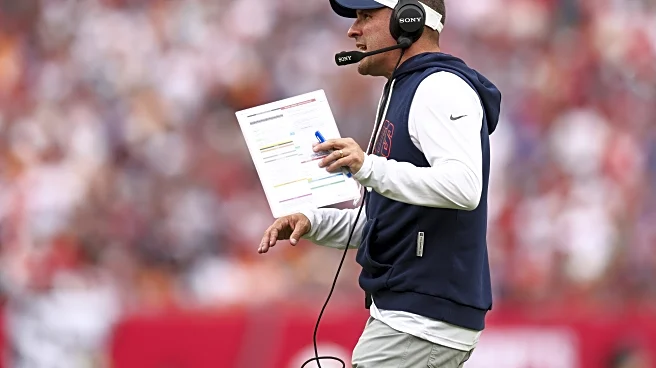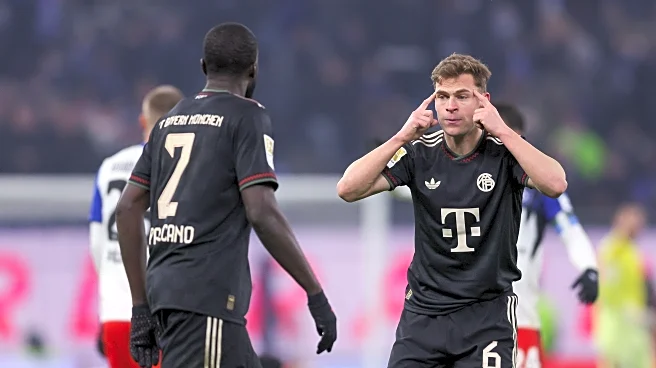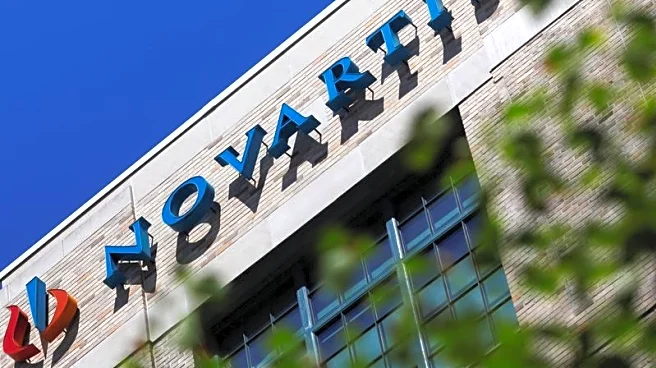Josh McDaniels is one of the most accomplished coordinators in pro football history, and as knowledgable an offensive coach as any in the NFL today. On Thursday, the 49-year-old shared some of his wisdom.
Meeting with reporters in the Gillette Stadium media workroom, McDaniels spoke about the art of play-calling and the challenges a coordinator such as himself can face during games.
“Sometimes it’s what you don’t call that’s probably as important as what you do call,” he said, “and having enough confidence in yourself and your staff and your team in the middle of the first or second quarter to cross off seven things because of what’s happening in the game or how it’s going. Not be so bullheaded about, ‘I like this on Tuesday or Wednesday and, by gosh, I’m going to call it no matter what.’
“I think having enough confidence to say, ‘Look, we got better things than these things. As much as I liked them, it’s just not going to be good for us.’ I think that’s an important part of it.”
Through the years, McDaniels has proven himself capable of doing so. One prime example was the Patriots’ win over the Los Angeles Rams in Super Bowl LIII: the Rams altered their defensive approach for the game, using the running back as the key to their coverage. This, in turn, forced the offense to adapt in-game — something McDaniels was able to do to help his team win the defensive battle 13-3.
Two years prior, McDaniels and the Patriots were able to win the Super Bowl by ordering extensively off their two-point menu. Against the Atlanta Falcons in Super Bowl LI, the team successfully ran two two-point plays, plus another for the game-winning touchdown.
As McDaniels explained on Thursday, high-pressure plays such as fourth downs or two-point tries are also tricky to organize.
“Sometimes it’s hard to hold them,” he said. “Like if you say, ‘Hey, I’m going to hold these for three fourth down calls.’ If you love them, it’s hard not to use them at the right point in the game, to win the down if you feel that confident about it. If you really like the play, sometimes you might have a little bit of extra in that area where it’s a potential go-for-it — it’s 4th-and-2-to-5, somewhere in there, where it’s likely that you could have an opportunity. So, it’s a tricky one if you have something you love not to use it early in the game.
“But hopefully what we’re trying to do at at the end of the week is have enough things we like in that distance that if we end up with two or three 3rd-and-2-to-5s or what have you and then all of a sudden a fourth down comes up in the second or third quarter, you have enough there where you say, ‘You know what, I like five calls in this box and I’m going to use the next one that comes up.’ Kind of like two-point plays. You get stuck in the low red area and you’re having a hard time scoring. It’s like, ‘Well, just use the two-point plays that you loved.’ Why am I holding them for maybe a chance to use them?“
Now back in New England for a third separate stint as Patriots OC, he keeps applying the lessons learned over the course of almost 25 years in the NFL. One big part of it, as he pointed out, is staying focused on the players he has at his disposal.
“It’s not about the play, it’s about the players,” McDaniels said. “At the end of the day, you got to call the things that give your guys the best chance to do what they do great. As long as you do that, you usually have a chance to have success.”
So far this season, McDaniels has done so. The Patriots are ranked seventh in points per game this season (26.5) and also find themselves in the top 10 in several other categories — a significant jump compared to last year, when the unit was among the least efficient in the NFL.
That jump itself is not entirely due to McDaniels’ arrival, but he is putting the pieces in place on a weekly basis. The success speaks for itself.











